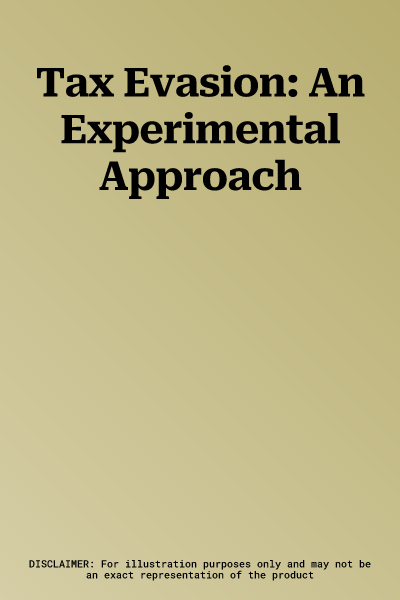Tax Evasion: An Experimental ApproachHardcover, 30 August 1991

Temporarily out of stock
Free Delivery
Cash on Delivery
15 Days
Free Returns
Secure Checkout

Part of Series
European Monographs in Social Psychology
Part of Series
Studies in Rationality and Social Change
Print Length
176 pages
Language
English
Publisher
Cambridge University Press
Date Published
30 Aug 1991
ISBN-10
0521374596
ISBN-13
9780521374590
Description
Product Details
Book Format:
Hardcover
Date Published:
30 August 1991
ISBN-10:
0521374596
ISBN-13:
9780521374590
Language:
English
Location:
New York
Pages:
176
Publisher: